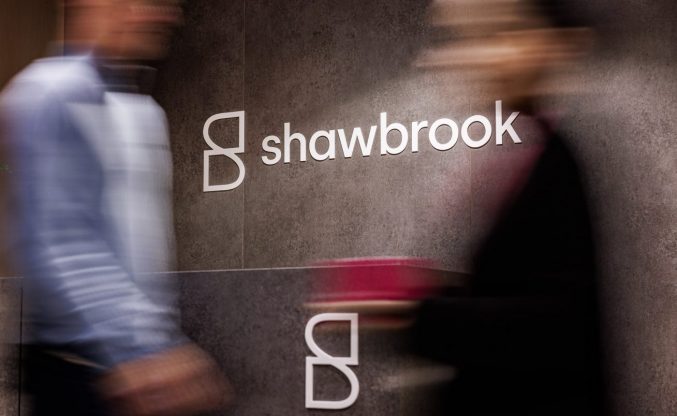Brokers and Lenders: The Crucial Partnership in the Bridging Market
By Bridging Loan Directory

In the fast-paced world of finance, the relationship between brokers and lenders is crucial, particularly in the bridging market.
Kate Cowan, Chief Financial Officer at Hope Capital, and Declan Ward, Managing Director at The Finance Ward, shed light on how this partnership functions and why it is so integral to achieving successful outcomes for all parties involved.
A Symbiotic Relationship
“The bridging market, perhaps more than any other, is reliant on a two-way relationship between brokers and lenders,” says Kate Cowan of Hope Capital.
This statement underscores a truth that resonates deeply within the industry. Both brokers and lenders depend on one another to succeed, creating a symbiotic relationship where the success of one is intrinsically linked to the other.
At the heart of this relationship lies the broker’s role in navigating the complex terrain of bridging loans.
Most lenders, including Hope Capital, distribute loans primarily through brokers, relying on their experience, expertise, and the invaluable advice they provide to borrowers.
Brokers help set borrower expectations about the type of loan available, its duration, and the associated rates and fees, offering clarity in what can often be a confusing process.
Speed and Precision in Execution
Speed is often of the essence in bridging loans, making the broker’s role even more critical.
Cowan highlights the importance of brokers in this aspect, noting that they not only assist in gathering necessary information upfront but also ensure that the process moves swiftly and efficiently.
This proactive approach helps lenders underwrite loans successfully and mitigates delays that could otherwise jeopardize the deal.
Moreover, brokers play a pivotal role in securing a borrower’s exit strategy, particularly when refinancing is involved.
By ensuring that this is arranged before the end of the bridging loan period, brokers help prevent potential financial pitfalls for their clients.
Transparency and Trust
Transparency is another cornerstone of the broker-lender relationship.
As Cowan explains, “The key for all parties is transparency and clarity around fees and charges so that brokers and clients can make an educated decision on a lender before placing business.”
This emphasis on clear communication helps build trust and ensures that all parties are on the same page from the outset.
At Hope Capital, this transparency is part of a broader commitment to providing a bespoke service.
Every borrower is assigned a dedicated underwriter, allowing for direct communication with key decision-makers.
This personalised approach ensures that all fees, interest, and charges are understood before the term begins, leaving no room for misunderstandings.
Hope Capital’s dedication to transparency and individualised service has fostered strong relationships with brokers, who return time and again with new deals. It’s a testament to the power of a well-managed broker-lender relationship.
The Broker’s Perspective
Declan Ward of The Finance Ward echoes the importance of this relationship, particularly from the broker’s perspective.
For Ward, the process begins with having access to a responsive Business Development Manager (BDM) who only issues terms when confident that the case meets the lender’s criteria.
This upfront diligence is crucial in avoiding unnecessary costs for the client, such as valuation fees.
Trust, according to Ward, is non-negotiable. “If the valuation comes in as expected, and there are no major legal issues, the terms provided by the BDM must be honoured.”
This commitment to integrity helps maintain the trust that is vital in these transactions.
Ward also highlights the importance of a solution-based approach when challenges arise, as they inevitably do.
Working with lenders who share this mindset is crucial in finding alternatives that still meet the client’s needs, reinforcing the idea that successful outcomes in bridging finance are built on collaboration and mutual respect.
The Foundation of Success
Both Cowan and Ward agree that the foundation of their respective companies’ success lies in the strong relationships they have built with each other and with their clients.
Cowan concludes, “Bridging is absolutely a partnership with all involved that relies on cooperation, clear communication, and working together to achieve a successful outcome for everyone.”
In an industry where time is of the essence, and precision is paramount, the collaboration between brokers and lenders is not just beneficial—it’s essential.
The mutual respect, transparency, and dedication to finding solutions ensure that deals are not just completed, but done so in a way that satisfies all parties involved.
As the landscape of bridging finance continues to evolve, so too will the importance of this partnership, proving once again that working together is the key to getting the deal done.










You must be logged in to post a comment.